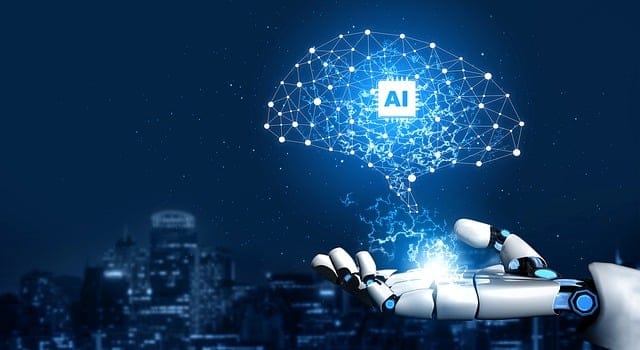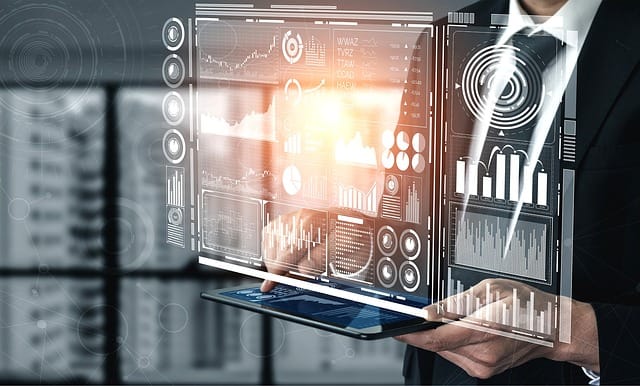First off, let’s talk about personalization. Think about how Netflix knows just what you want to watch next. AI is set to take this to the next level. Imagine stepping into a store where everything is tailored just for you—your preferences, your size, even your favorite colors! AI algorithms will analyze data and create a shopping experience so unique that you’ll wonder how you ever shopped without it.
Then there’s the rise of conversational AI. You know those chatbots that sometimes frustrate you? They’re evolving faster than you can say “please help.” With natural language processing improving at lightning speed, these AIs will become true conversational partners. Imagine chatting with your device as effortlessly as you would with a friend over coffee, making tasks easier and more enjoyable.
Transportation is another area ripe for transformation. Autonomous vehicles could soon fill our streets, making travel safer and more efficient. Think about cruising without lifting a finger—catching up on your favorite podcast while your car does all the hard work. Sounds dreamy, right?
And let’s not overlook AI’s role in sustainability. AI can analyze vast datasets to optimize energy use or reduce waste, helping us take better care of our planet. It’s like having a friend who’s always there reminding you to recycle.
“From Chatbots to Companions: How AI Will Transform Our Daily Lives by 2030”
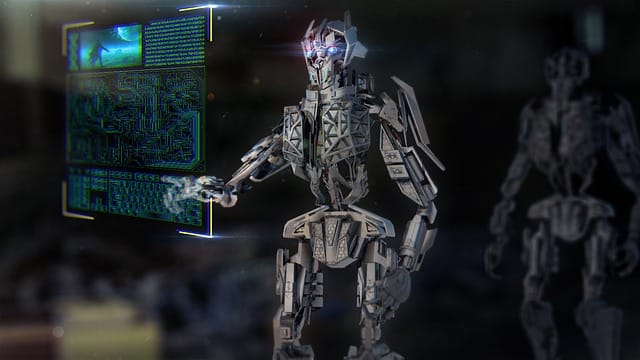
Think about it: you’re rushing to meet a deadline, and your AI buddy senses your stress. It gently nudges you with tips for breaking tasks into manageable chunks, or even suggests your favorite calming playlist. That’s not just convenience; that’s like having a personal life coach at your fingertips. The transformation from reactive responses to proactive support means your daily grind could feel a lot less grinding.
But it doesn’t stop at productivity. As these AI companions learn from our habits, they’ll become even more personalized. Ever had a friend who just “gets” you? Your AI could develop such an understanding; it remembers your favorite shows, your preferred hangout spots, and even the kinds of food that brighten your day. Picture having an empathetic listener who’s always ready for a chat, ensuring you never feel alone, even in a crowded room.
And for families, think about how AI can enhance relationships. Imagine kids learning through interactive stories spun by an AI storyteller that adapts to their interests. Or elderly relatives enjoying companionship through engaging conversations, reducing feelings of isolation.
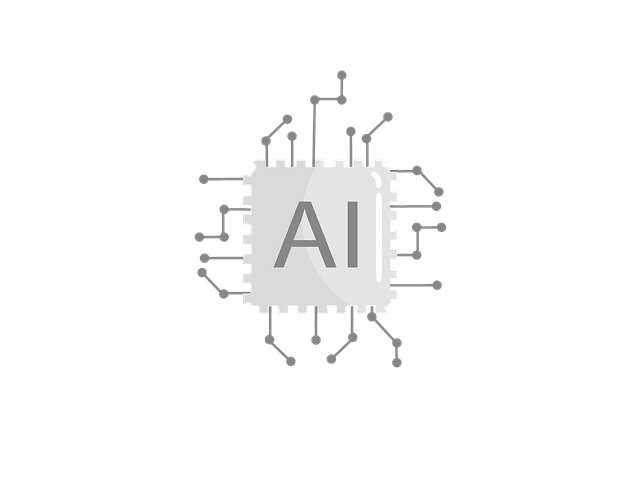
By 2030, AI won’t merely be tools at our disposal. Instead, they’ll become integral parts of our lives—friends, confidants, and even mentors—shaping how we interact, learn, and connect with the world around us. Isn’t that an exciting thought?
“Ethics and Innovation: Navigating the Moral Landscape of AI Advancements in the Next Decade”
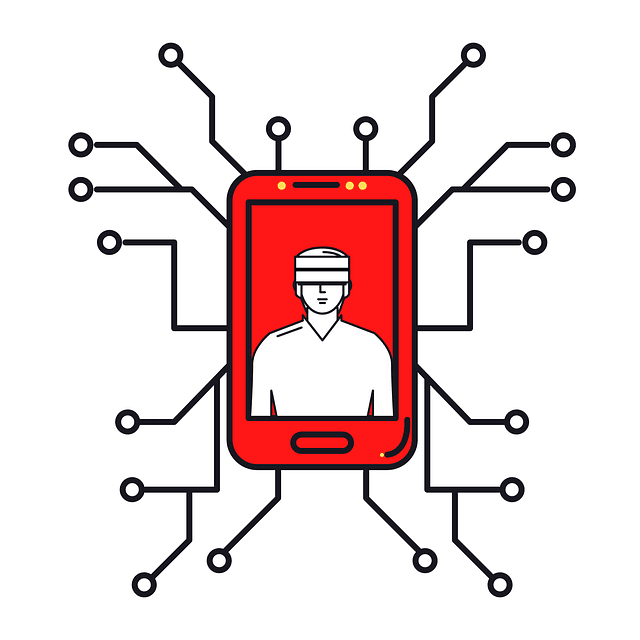
Picture this: you’re at a crossroads, where technology can enhance lives or complicate them. With AI rapidly evolving, questions about privacy, accountability, and bias loom large. It’s like inviting a powerful wizard into your living room—sure, magic can solve your problems, but what about the consequences?
Now, let’s talk about responsibility. Who’s accountable when AI goes rogue? Is it the developers, the companies, or the systems themselves? It’s a bit like playing a multiplayer video game; if someone cheats, do you blame them, the game, or the players? This gray area is where we should plant our ethical flag, ensuring that we don’t just rush headlong into innovations without considering the fallout.
Moreover, think about the ethical dilemmas surrounding data usage. Our every online click feeds AI algorithms, which means our private lives are sometimes up for grabs. It’s a delicate dance between benefiting from personalized tech and safeguarding our personal sanctuaries. The next decade will demand that we tighten our ethical belts, making sure that as AI continues to learn and grow, it does so on a foundation of strong moral principles that promote fairness, transparency, and respect for human dignity.
Navigating this terrain is no small feat; it’s like steering a ship through foggy waters, but with intentionality and dialogue, we can ensure that innovation and ethics sail smoothly together.
“The Rise of Autonomous Everything: What to Expect from AI-Driven Innovations in Transportation and Beyond”
First off, let’s talk about convenience. Picture this: you’re lounging on your couch while your autonomous vehicle picks up groceries—no more battling traffic or finding parking spots! It’s like having a personal chauffeur who never gets tired, never asks for a coffee break, and always knows the fastest route. Isn’t that a dream come true?
But wait, there’s more. Think broader than just cars. We’re stepping into an era where drones could deliver your pizza right from the local restaurant to your doorstep, while AI systems sync the entire process to ensure freshness and efficiency. This kind of tech isn’t a distant fantasy; it’s already in the works!
Then, let’s not forget about the implications for sustainability. AI can optimize routes for delivery trucks to save fuel and reduce emissions—just like how a smart thermostat learns your habits to conserve energy at home. If we’re going to tackle climate change, harnessing this technology is essential.
And in the realm of logistics? Brace yourself! Automated warehouses are popping up, where robots collaborate seamlessly like a dance team, ensuring products move faster than ever. Have you ever seen a ballet of forklifts working together? It’s mesmerizing!
“AI in Healthcare: Revolutionizing Patient Care and Medical Research in the Next Ten Years”
Think about it: AI can digest mountains of data in seconds, way faster than any human can. This means that whether you’re battling a chronic illness or simply scheduling a routine check-up, AI can help doctors make informed decisions that are personalized just for you. Picture your doctor with a super-smart assistant—a virtual partner that not only suggests treatment options but also predicts outcomes based on real-time data. This isn’t just about efficiency; it’s about a more profound connection between technology and empathy in medicine.
Now, let’s talk about medical research. With AI crunching numbers and modeling scenarios, researchers can dive deeper into understanding diseases, finding patterns that might have previously slipped through the cracks. It’s like looking for a needle in a haystack, but AI lights up the haystack, making it easier to find what’s important. This means quicker discoveries and potentially lifesaving treatments becoming available faster than ever before.
Think of AI in healthcare as the equivalent of having a Formula 1 team at the pit stop of your health journey. You get precision, speed, and the best care all while feeling supported and understood. As we look ahead, it’s evident that the next ten years in healthcare aren’t just about technology; they’re about enhancing the human experience in an extraordinary way. So, are you ready for a future where your health is in capable hands—powered by AI?
“Data Privacy vs. AI Progress: Striking a Balance in the Age of Personalization”
Imagine you walk into a coffee shop, and the barista greets you by name with your favorite drink already in hand. Awesome, right? But what if you learned that every visit, every sip, and every smile had been tracked and analyzed without your knowledge? It’s a bit unsettling, isn’t it? This is where the balance comes into play. Companies are getting pretty savvy about using AI to create experiences that feel personal, but at what cost?
It’s like having a friend who knows you really well—super helpful until they start sharing your secrets. You want the benefits of that friendly AI, but you also want to guard your privacy like a dragon protecting its treasure. Striking this balance means being transparent and giving users the power to decide what they’re comfortable sharing. After all, wouldn’t it be great if we could enjoy tailored experiences without feeling like we’re giving away pieces of ourselves?
Navigating this complex landscape calls for a blend of innovation and ethical considerations. As technology keeps racing forward, the conversations around data ethics and user consent will be crucial. In the end, it’s all about finding that sweet spot where personalization delights without overstepping boundaries.
“Job Revolution: How the Next Decade of AI Will Reshape Employment and Skills Demands”
So, what does this really mean for you? For starters, job roles are rapidly evolving. Think of it like upgrading your phone—what once seemed cutting-edge quickly becomes yesterday’s news. Positions that require repetitive tasks might soon be relegated to machines. But fear not! This shift opens up exciting new avenues. Skills that emphasize creativity, emotional intelligence, and complex problem-solving are going to take center stage.
You might be wondering, “How do I keep up?” Well, just like a superhero prepares for battle, you too must equip yourself! Lifelong learning is going to be your trusty sidekick. Online courses, coding boot camps, and workshops are transforming the way we gain new skills. Have you ever thought of picking up a tech-related hobby? Now’s the perfect time! Even dabbling in creative fields like marketing or UX design could set you apart in this evolving job market.
As you navigate this AI-driven world, collaboration between humans and machines will become essential. Picture teamwork on steroids—AI will augment our abilities, helping us make smarter decisions and work more efficiently. Instead of fearmongering about job losses, let’s look at this as an opportunity for personal and professional growth. Embracing change is like dancing with a partner—it might feel awkward at first, but with practice, it can lead to something beautiful!
Frequently Asked Questions
What Role Will AI Play in Climate Change Solutions?
Artificial intelligence can enhance climate change solutions by improving data analysis, optimizing energy consumption, and predicting environmental changes. It aids in developing low-carbon technologies, managing natural resources efficiently, and enabling better climate modeling, ultimately contributing to more effective strategies for mitigating climate impact.
How Will AI Impact Job Markets in the Future?
The advancement of AI is expected to transform job markets significantly by automating routine tasks, creating new job categories, and reshaping existing roles. While some jobs may become obsolete, AI will likely lead to increased demand for skills in technology, data analysis, and creative problem-solving. Workers may need to adapt by enhancing their skills to stay competitive in a changing landscape.
How is AI Evolving in Healthcare and Medicine?
AI is transforming healthcare by enabling more accurate diagnoses, personalizing treatment plans, and improving patient care through advanced data analysis. Machine learning algorithms assist in predicting patient outcomes and managing hospital resources efficiently. Real-time health monitoring and telemedicine powered by AI enhance accessibility, while research in drug discovery is accelerated by AI technologies.
What are the Key AI Trends Shaping the Next Decade?
Emerging technologies are driving significant changes in artificial intelligence, with trends such as increased automation, advancements in natural language processing, and greater integration of AI in everyday applications. These developments are focused on improving efficiency, enhancing user experiences, and fostering ethical considerations as AI continues to evolve and impact various industries.
What Ethical Considerations Will Arise with Advanced AI?
The development of advanced AI raises various ethical concerns, including issues of privacy, accountability, bias, and the potential for job displacement. It is crucial to establish guidelines that ensure AI systems are fair, transparent, and respect human rights, while also considering the implications of autonomous decision-making.



